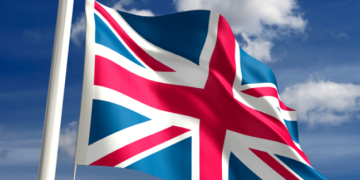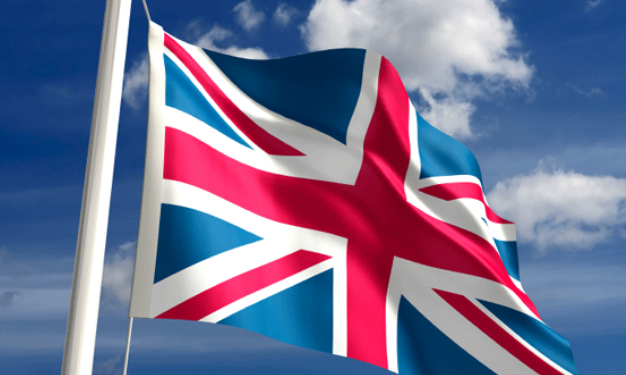The Federal Government has reassured Nigerians and foreign nationals of its commitment to strengthening security nationwide following a new travel advisory issued by the United Kingdom’s Foreign, Commonwealth and Development Office (FCDO).
The UK government had advised against all travel to Borno, Yobe, Adamawa, Gombe, Katsina, and Zamfara states, citing terrorism, kidnapping, and violent crime. It also discouraged all but essential travel to several other states, including Bauchi, Kaduna, Kano, Kebbi, Jigawa, Sokoto, Niger, Kogi, Plateau, Taraba, and parts of the Federal Capital Territory (FCT).
Reacting on Sunday, Minister of Information and National Orientation, Mohammed Idris, said the Tinubu administration is “keenly aware of existing challenges” and is implementing measures to secure all parts of the country.
“President Bola Tinubu has strengthened the security architecture, restructured the leadership of security agencies, and increased investment in military hardware and intelligence. We assure Nigerians and foreigners that the situation is improving and that their safety is guaranteed,” Idris stated.
However, the Gombe State Government rejected the UK’s classification, calling it “unfounded and unfair.”
According to Ismaila Misilli, Director-General of Press Affairs at the Government House, Gombe has remained one of the most peaceful states in Nigeria, with no record of insurgency or banditry in recent years.
“We are surprised by this classification. Gombe is peaceful, secure, and open for investment. There have been no recent incidents that justify such a warning,” Misilli said.
Similarly, the Kano State Government described the advisory as routine and not cause for public panic.
Governor Yusuf’s Chief Press Secretary, Mustapha Muhammad, noted that proactive measures had been taken to counter security threats, especially along border areas.
In Borno State, Major General Abdullahi Ishaq (retd.), Special Adviser to Governor Babagana Zulum on Security, said the situation had improved significantly, asserting that “Maiduguri is safer than Abuja.”
He added that ongoing deradicalisation and reintegration efforts had led to the daily surrender of insurgents, with the support of their families.
Meanwhile, the FCDO report painted a grim picture of insecurity across Nigeria, warning of ongoing military operations in the North-East and possible retaliatory attacks. It also cautioned travellers about militant activity in the Niger Delta, separatist agitation in the South-East, and high levels of violent crime in major South-West cities, including Lagos.
The UK urged its citizens in Nigeria to remain vigilant, follow local security advice, and update their contingency plans.
Nigeria continues to grapple with multiple security threats — including Boko Haram insurgency, armed banditry, separatist violence, and criminal militancy — despite efforts by the government to restore peace and stability.















